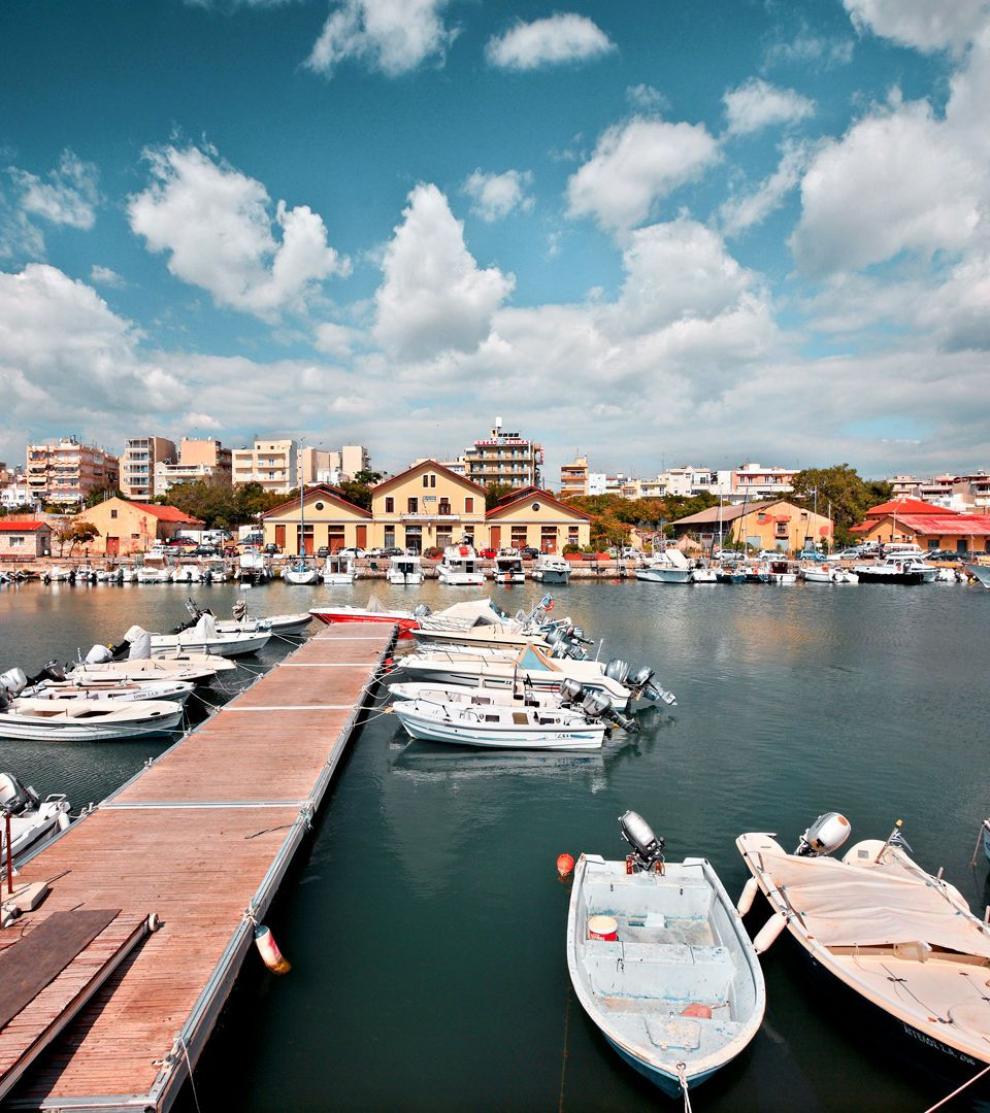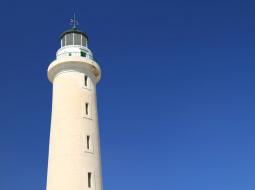Thessaloniki gets ready for its metro launch in November
The underground rapid transit lines have been under construction for almost two decades due to various project delays
 TheMayor.EU logo
TheMayor.EU logo 
The municipality of Alexandroupolis is located on the Aegean coast of the region of Thrace in north-eastern Greece. It is famous for its hospitality, its lighthouse and the Evros Delta National Park, one of the most important wetlands in Europe. The area lies on the ancient Thracian land and it has a rich history; that is, the ancient city of Sali was once located there and it is also within short distance of the ancient Messimvria, the Roman Traianopolis and the Byzantine Vira.
The modern history of the municipality of Alexandroupolis begins in the 1850s, when fishermen from various coastal villages created a small fishing town. Thanks to its strategic position at the crossroads between East and West, it gradually became the most important commercial, economic and cultural centre of the whole area. Alexandroupolis was liberated on May 14, 1920, and it is now the capital of Evros Prefecture.
The municipality of Alexandroupolis is referred to as the “key” to Greece’s route to the east. It links Europe to Asia and the west to the east. Moreover, it is connected to the rest of the world through many means of transportation: land, sea, and air. Thus, it is both one of the largest ports in northern Greece and a luxury waterfront resort.
The municipality of Alexandroupolis has an area of 1,216.954 km2 and it is created by the merger of three local communities: Alexandroupolis, Feres and Traeanoupolis. It benefits from its position at the centre of land and sea routes connecting Greece with Turkey and Bulgaria. The current (2021) population is estimated to be around 75,000 and its area covers the southern portion of Evros regional unit, running from the Rhodope regional unit to the Evros River Delta.
Notable infrastructure projects are the modern-international port, the national airport "Dimokritοs", the Egnatia motorway and the railway connection with major cities in Greece, Turkey and Bulgaria. Therefore, Alexandroupolis is accessible by all means of transportation.
The port of Alexandroupolis is of high geostrategic importance. An international tender for its utilization is in progress since 2020: this is an investment that will make Alexandroupolis an economic and geopolitical centre.
The main activities of the Alexandroupolis Port Authority include the provision of berthing to ships, dry bulk and conventional general cargo stevedoring services and storage, as well as coastal ferry operations and passenger services. Furthermore, the port of Alexandroupolis has extensive infrastructure that can support additional container, bulk cargo and passenger transportation activities.
In Feres, numerous primary sector companies are developing. They produce high quality dairy products, meat and vegetables. There are also high production rates in olive products. Makri’s historic olive grove consists of about 220,000 olive trees with an annual production of 1,000 to 3,000 tons of olive oil. These olive trees are ancient, dating back 3,000 years. Makri olive oil, from the indigenous Makri variety, has received Protected Designation of Origin (PDO) status from the EU.
The municipality of Alexandroupolis lies in a geographic position that is favourable to geothermal resources, both high and low temperature. At the same time, Alexandroupolis is set to become an internationally recognized energy hub.
Local authorities’ vision for the city is to transform Alexandroupolis into a sustainable municipality for its citizens. They aim to do so by promoting business ideas and infrastructure relating to the local sea and aquatic resources through environmental and economic approaches.

Alexandroupolis is a university city that provides a high quality of living for its temporary and permanent residents. The city has art, culture and nightlife to suit all tastes. The combination of mountain and sea, the people and the long tradition contribute to the tourist experience of all kind of visitors.
The major tourist sites are:
306, Dimokratias Av.
68132 Alexandroupolis